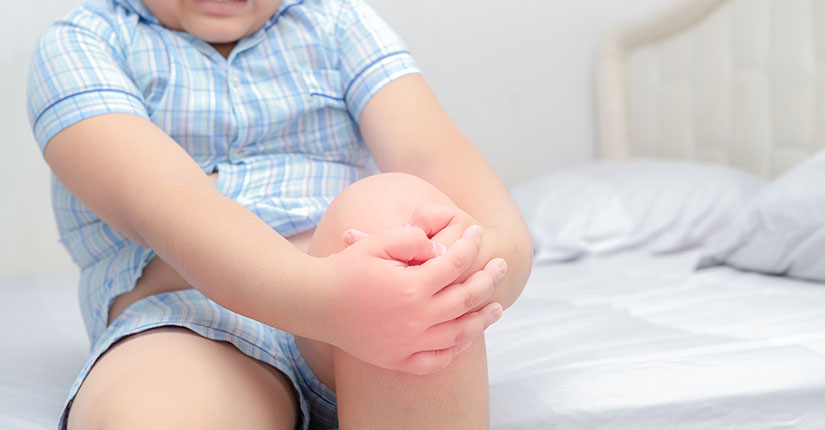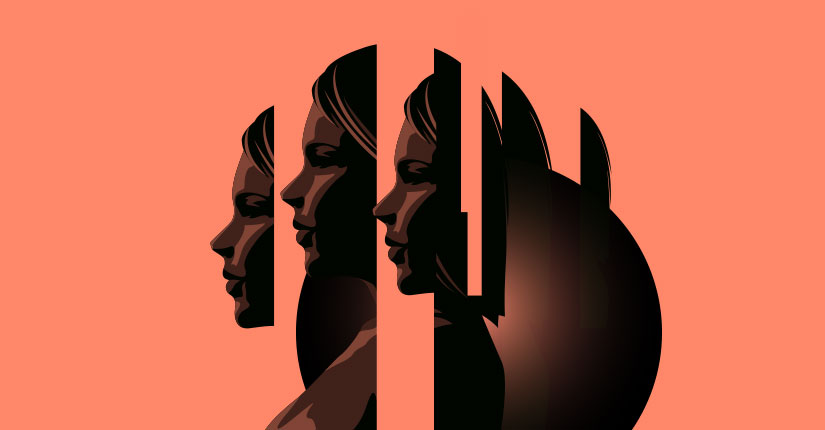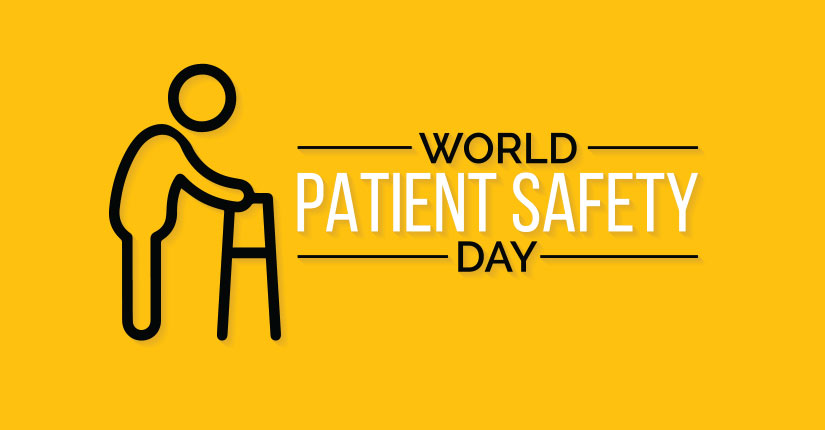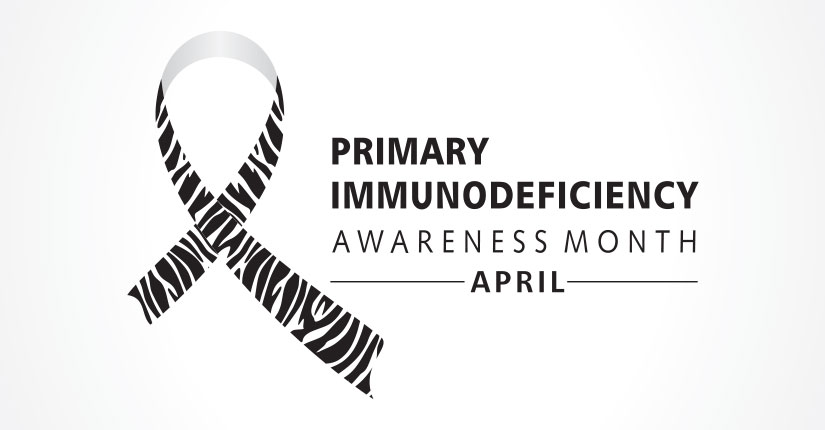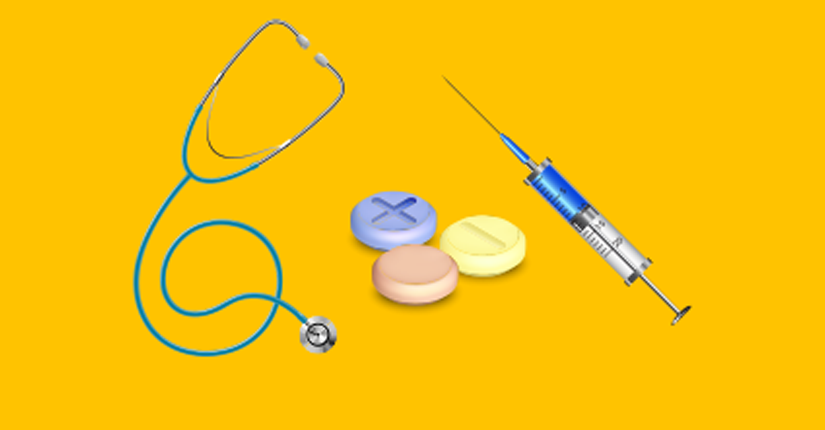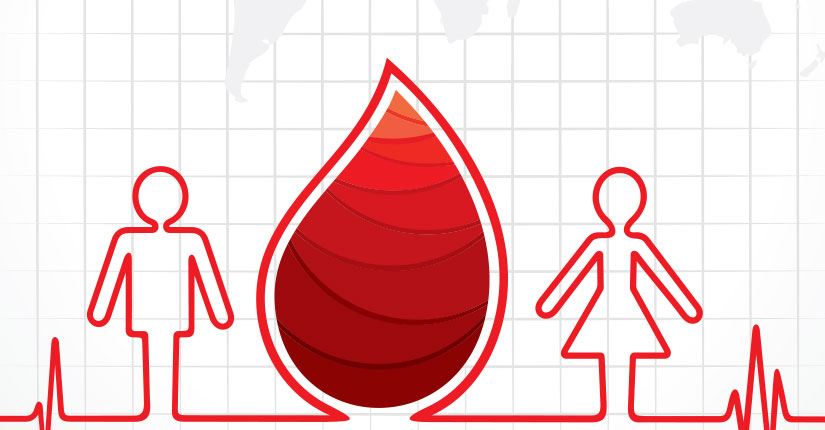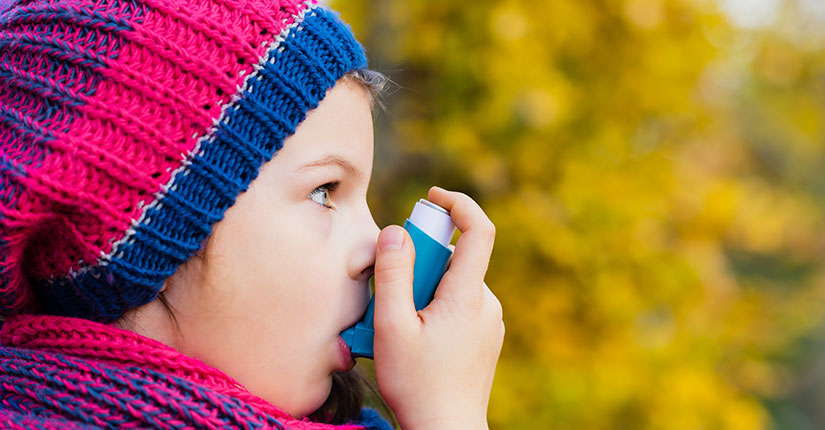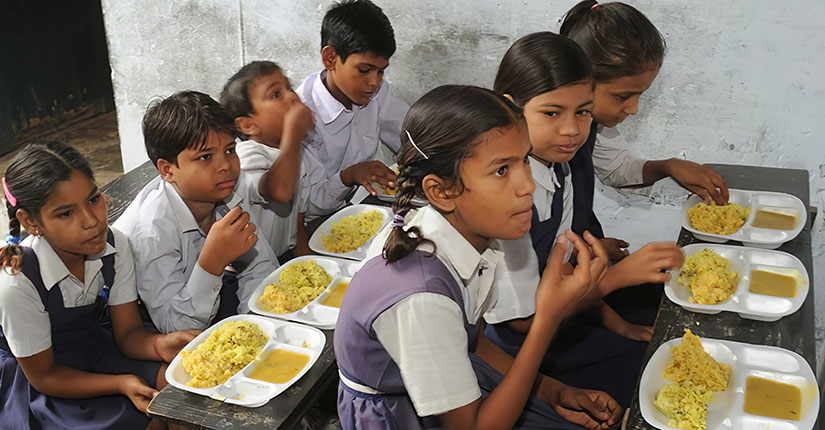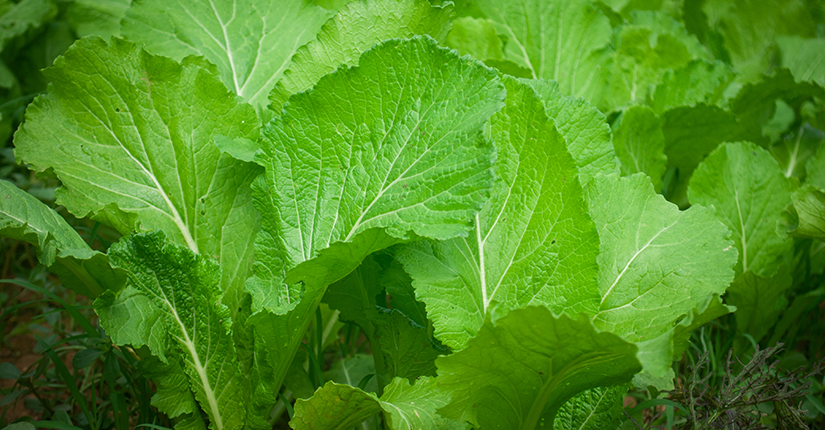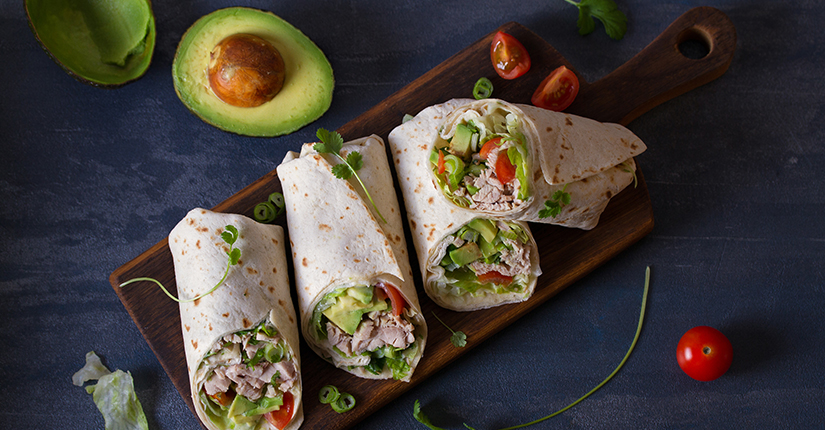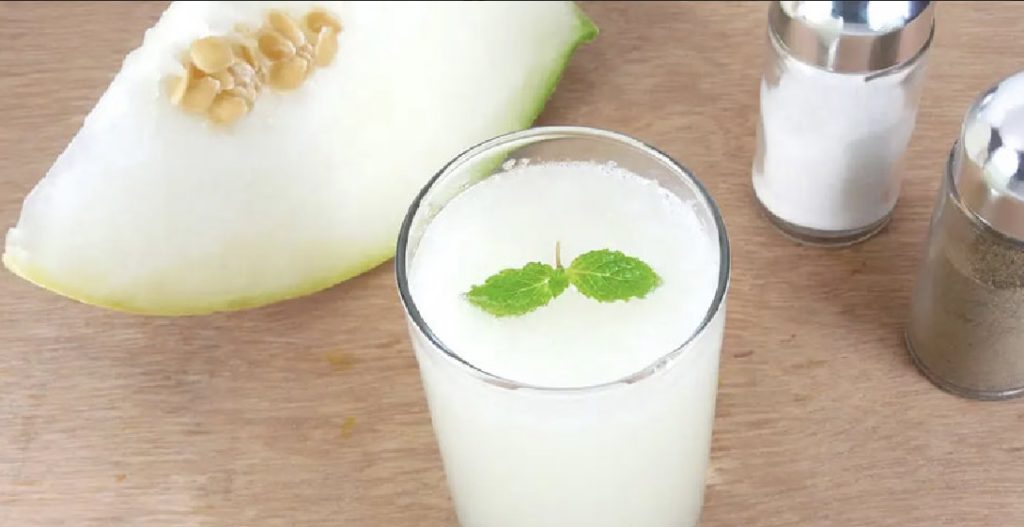Addressing 5 Myths About Juvenile Arthritis
By Nmami Agarwal 22-Jul 2022 Reading Time: 4 Mins

We must have known about Arthritis, a condition that affects the joints and causes inflammation in one or more joints. A very prominent disease in children is Juvenile Arthritis, a term used for arthritis that affects children below the age of 16.
The most common type of juvenile arthritis is Idiopathic Arthritis. Juvenile Idiopathic Arthritis affects about 10% to 30% of children under the age of 16. The symptoms of this chronic illness are joint pain, swelling, inflammation in different parts of the body, fever, rash, fatigue, muscle stiffness, loss of appetite, etc. Juvenile arthritis can really be a tricky disease to understand. So, there are a lot of misconceptions related to it as well.
Here Are Some Myths About Juvenile Arthritis:
- There Is Only One Type Of Juvenile Arthritis: people often believe that there is only one type of juvenile arthritis which is juvenile idiopathic arthritis. But this is just the most common type of juvenile arthritis, other types include spondyloarthritis and psoriatic arthritis.
- It Is Easily Diagnosable: this is not true as kids can have varied symptoms that can confuse the parent for arthritis. We must wait for about a few weeks before diagnosing the symptoms of this condition. Also, there is no specified test so we need to access the symptoms thoroughly before coming to the conclusion.
- Joint Pain Is The Only Symptom: we often relate arthritis to joint pain, but there are varying symptoms that can be noticed. A child with juvenile arthritis can experience inflammation in different parts of the body like the eye, fatigue, loss of appetite, muscle stiffness, and increased infections.
- Children Will Not Be Able To Play Ever: having arthritis does not mean that the children will lose the essence of their childhood forever. Yes, we need to be extra careful and protect the child from injuries through physiotherapies. But that does not stop the child from playing. Physiotherapies and exercises can help strengthen the joints and prevent injuries.
- Children Can Outgrow Juvenile Arthritis: it is true that many children may outgrow the symptoms of juvenile arthritis through medication and therapies for a long period of time, which is called remission. But the symptoms might occur in the later periods of life. Whereas, there are many patients who have to live with this condition with continued treatment.
The treatment can include physiotherapies and exercises to strengthen the joints and improve joint movement. Medications can relieve the symptoms, improve function, and minimize any future injuries. Psychological therapies can help with the child’s internal and social anxiety, and improve their confidence and management of the disease.
Over To You:
Children can often feel scared or anxious because of their repetitive injuries and symptoms, but early diagnosis and good treatment can help manage their lifestyle very well.

